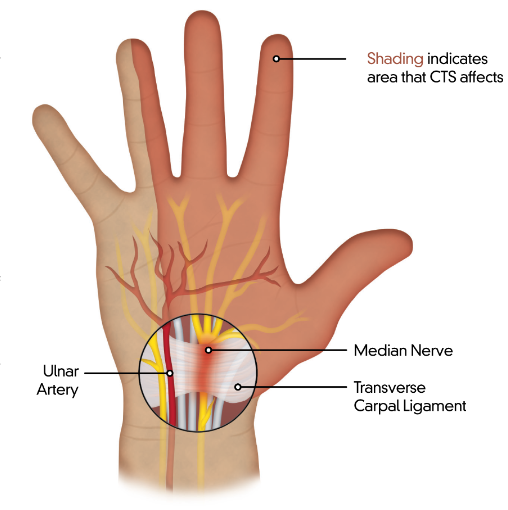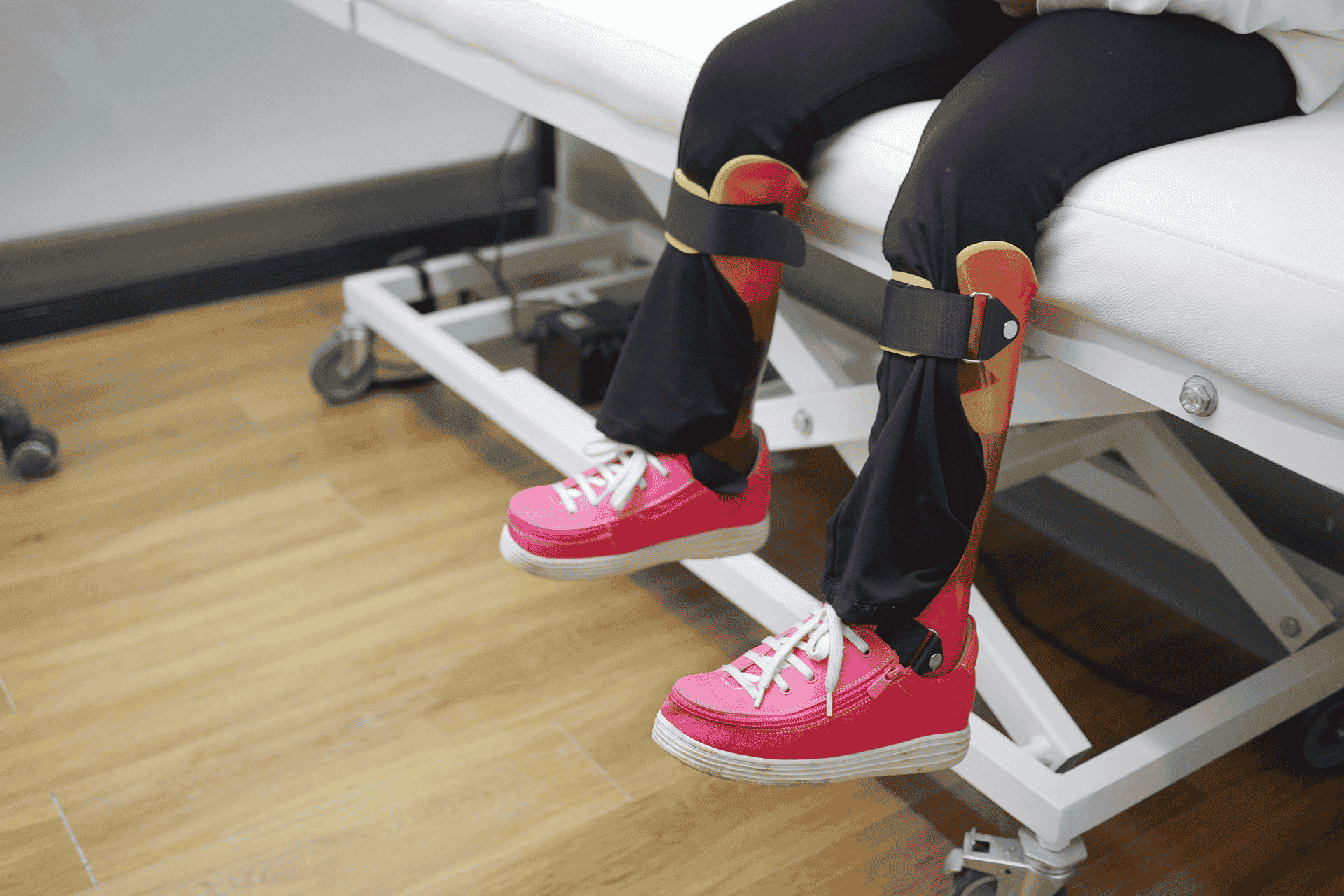Carpal Tunnel Uncovered: What It Is and How to Treat It
Explore the Symptoms, Treatment Options, and When to Consider Surgery

The carpal tunnel is a narrow passageway located in the wrist, housing the median nerve and several tendons. This structure plays a crucial role in the function and movement of the hand and fingers. However, when this passageway becomes compressed or irritated, it can lead to a condition known as Carpal Tunnel Syndrome (CTS). This is a very common condition we see at Delta Physiotherapy and Rehab.
What is Carpal Tunnel Syndrome?
Carpal Tunnel Syndrome is a medical condition characterized by the compression of the median nerve as it travels through the carpal tunnel. This compression can cause a range of uncomfortable symptoms, impacting the quality of life and daily activities.
Symptoms and Risks of Carpal Tunnel Syndrome
Common symptoms of CTS include numbness, tingling, and weakness in the hand and fingers, particularly in the thumb, index, and middle fingers. These symptoms often occur gradually and may worsen over time, especially during activities that involve repetitive hand movements such as typing, driving, or holding a phone.
Several factors can increase the risk of developing CTS. These include repetitive hand use, wrist anatomy, certain health conditions like diabetes and rheumatoid arthritis, gender, and even pregnancy. Individuals who perform repetitive tasks or use vibrating tools are particularly at risk.
When to Consider Surgery for Carpal Tunnel Syndrome
Surgery is typically considered for CTS when non-surgical treatments fail to provide relief, or if the condition is severe. Signs that surgery might be necessary include persistent symptoms that interfere with daily activities, significant pain, and muscle weakness or atrophy in the hand. The most common surgical procedure is carpal tunnel release, which involves cutting the ligament that forms the roof of the tunnel to relieve pressure on the median nerve.
The Benefits of Physiotherapy for Carpal Tunnel Syndrome
Physiotherapy can be highly beneficial for individuals with CTS. At Delta Physiotherapy and Rehab, our physiotherapists will do a thorough assessment of the wrist/hand. This is needed in order to provide you with an individualized treatment plan that suits your needs. We will use a combination of modalities such as electrotherapy, laser therapy, and ultrasound to manage your pain, and improve tissue healing. Physiotherapists will provide exercises to stretch and strengthen the muscles of the hand and wrist, which can help alleviate symptoms and improve function. They can also offer advice on ergonomic modifications to reduce strain on the wrist during daily activities. In some cases, splinting or bracing the wrist, particularly at night, can help keep the wrist in a neutral position, reducing pressure on the median nerve.
Book a free 15 minute consultation with us today at Delta Physiotherapy & Rehab at either of our convenient locations in Central Parkway or Dundas, Mississauga, and we will get you started on your healing journey!










